In response to a directive from President Évariste Ndayishimiye, the local civil society organization PARCEM has called for a more strategic approach to regulating commodity prices. The President recently instructed the Ministry of Commerce to establish prices for essential goods within 15 days, aiming to tackle inflation and curb speculative pricing.
During a late-December public broadcast, President Ndayishimiye criticized arbitrary price hikes and underscored the government’s role in protecting consumers. “The issue of individuals setting prices as they wish is unacceptable. We need to regulate prices. This practice must stop because it is troubling,” he said. The announcement came amidst rising living costs and growing public frustration over economic instability. The President further warned of potential reshuffling within the Ministry of Commerce if results are not achieved promptly.
While acknowledging the President’s initiative as well-meaning, PARCEM has raised doubts about its practicality and potential unintended consequences. Faustin Ndikumana, the organization’s leader, explained that price regulation is most effective in markets dominated by monopolies or oligopolies, where only a few actors control supply. In contrast, Burundi’s market features a diverse array of suppliers and buyers, with goods sourced both locally and internationally.
Ndikumana highlighted logistical challenges that could hinder the implementation of price controls, such as unregulated supply chains and an ongoing fuel shortage. “It becomes difficult to set prices when the source and procurement conditions of goods are unknown,” he said, warning that price regulation without addressing these issues could discourage suppliers, resulting in shortages and even higher prices.
As an alternative, PARCEM proposed a strategy focused on boosting the availability of goods. Ndikumana urged the government to facilitate imports to complement domestic production and enhance supply chain efficiency. “Prices stabilize naturally when food supplies increase, and transportation becomes easier,” he noted, referencing King’s Law, an agricultural economics principle linking price stability to production levels.
The organization also emphasized the importance of conducting thorough studies before implementing price controls. “Without addressing supply issues, regulating prices will be practically difficult and could create more problems than it solves,” Ndikumana cautioned.
The opposition party UPD Zigama Ibanga echoed PARCEM’s concerns, urging the government to prioritize logistical improvements. Party leader Abdoul Kassim pointed to the scarcity of diesel fuel—critical for transporting goods—as a significant obstacle to effective price regulation. Kassim called for collaboration between the Ministry of Commerce, traders, and consumers to develop practical, mutually agreed-upon measures. “Decisions made without consultation can lead to undesirable outcomes,” he warned.
The President’s ultimatum has placed intense pressure on the Ministry of Commerce to deliver tangible results within the set timeframe. As inflation and supply chain disruptions continue to strain livelihoods, the government faces a delicate balancing act between regulating prices and ensuring a steady supply of goods.

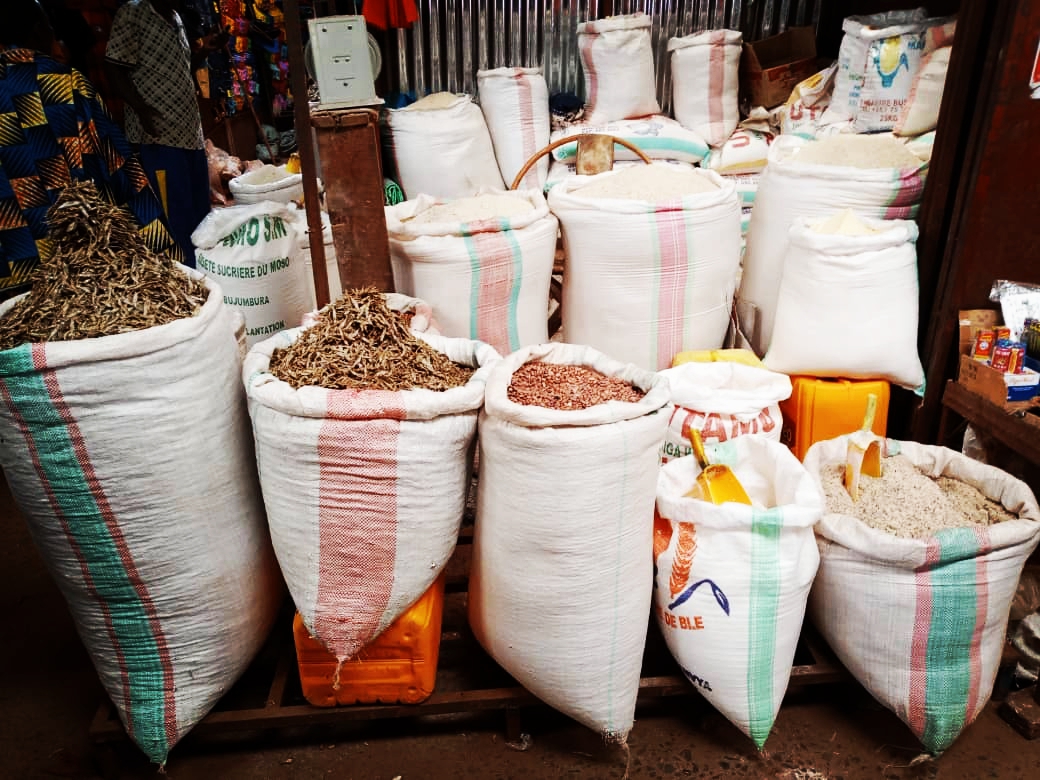

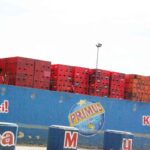
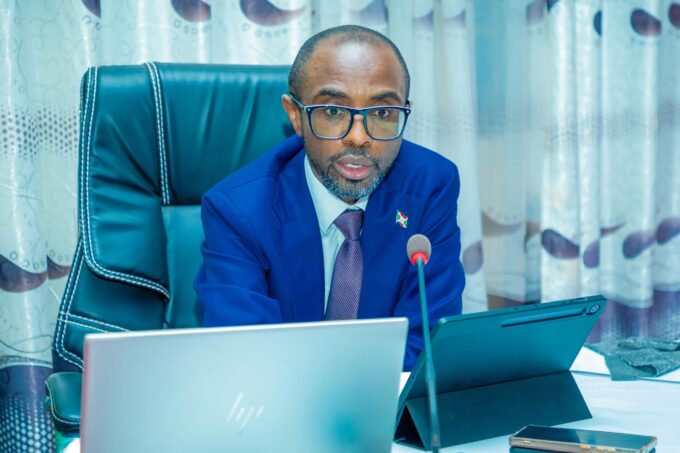

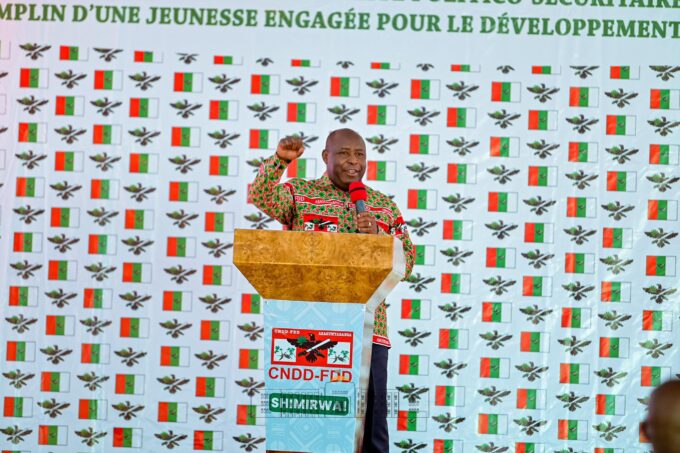
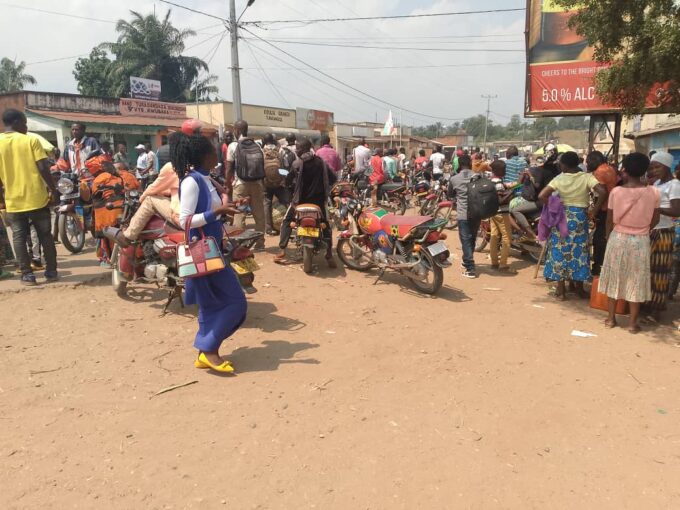
Leave a comment